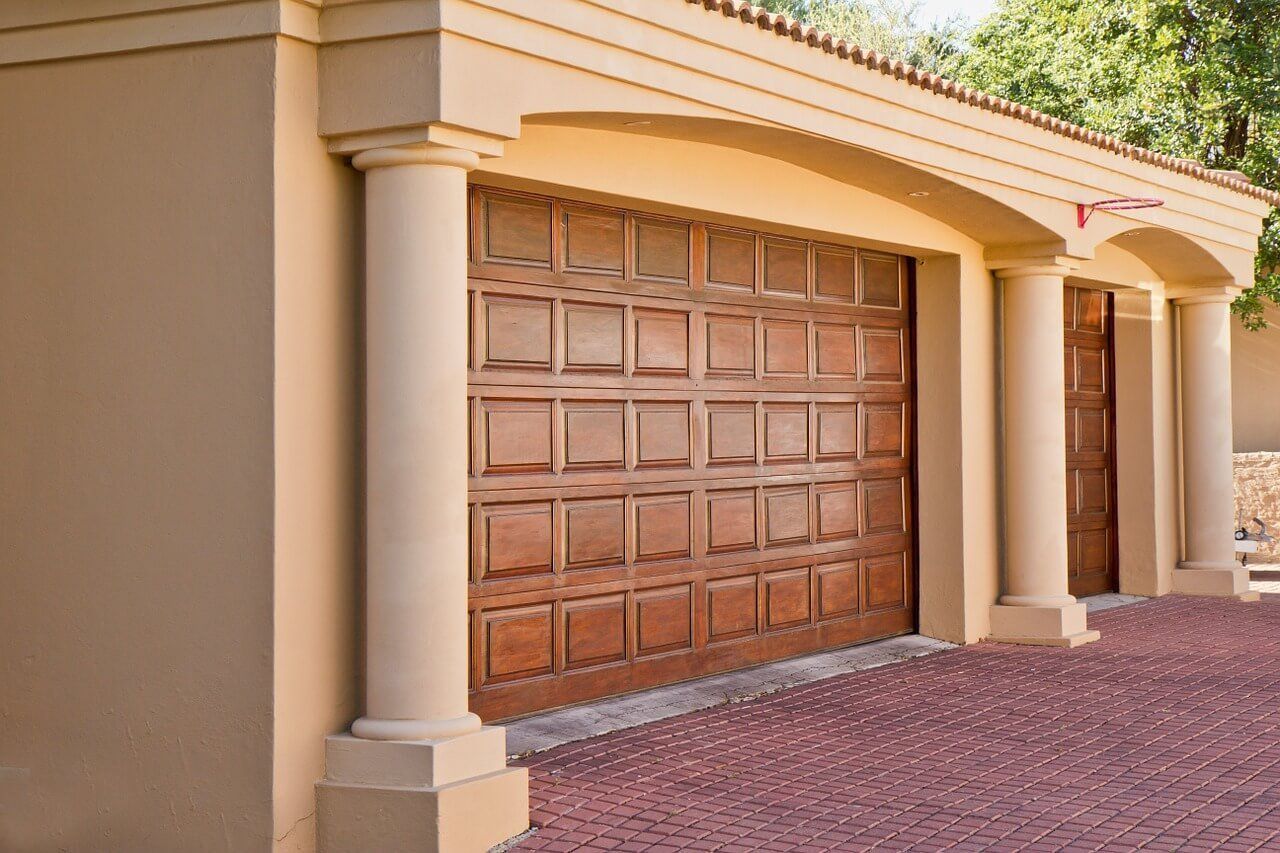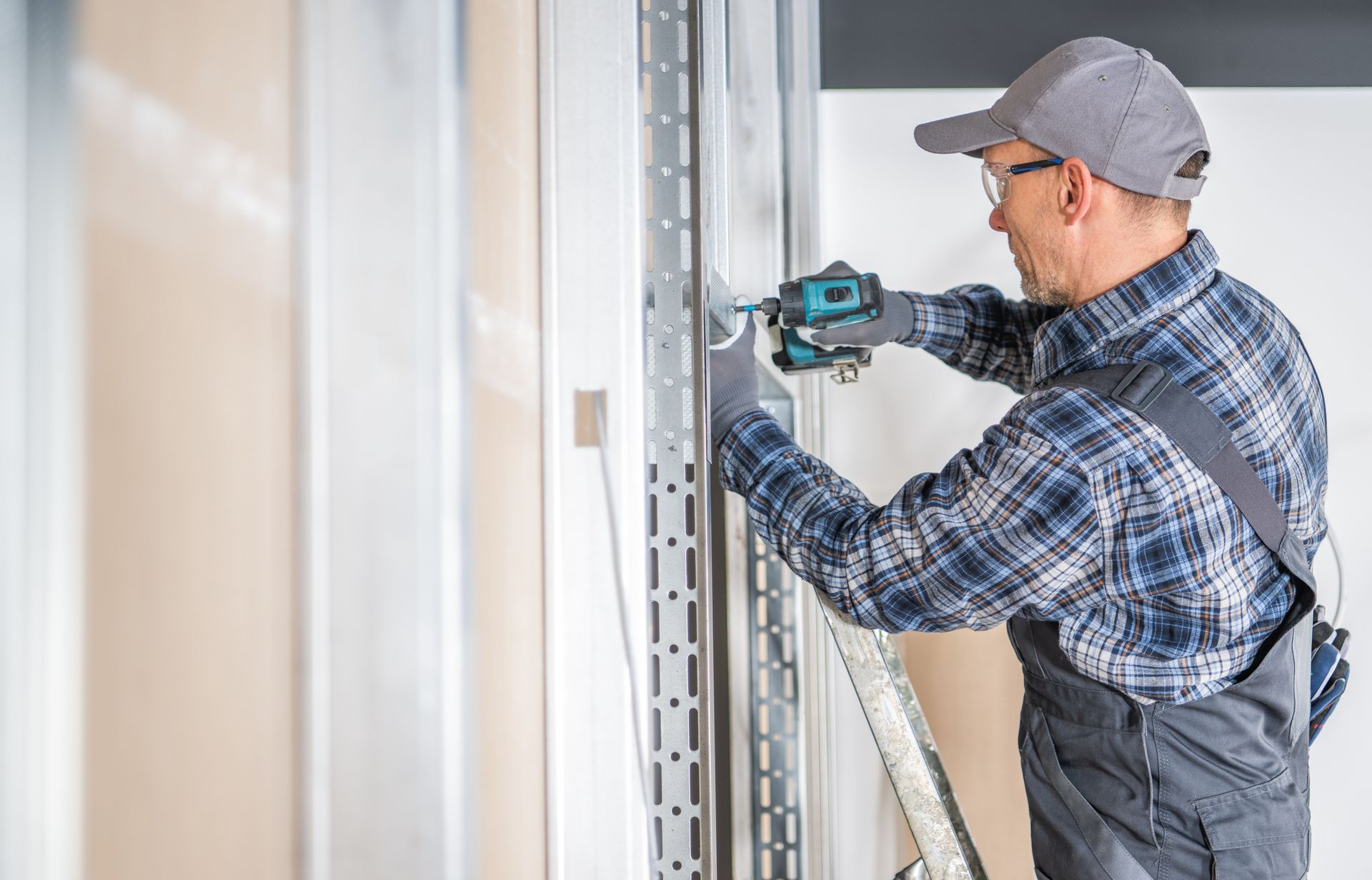Signs It’s Time to Replace Your Garage Door Springs
In the realm of home maintenance, garage door springs often remain overlooked until they present significant issues. These springs are fundamental to the smooth operation of your garage door, yet they rarely receive the attention they deserve until something goes awry. Understanding the essential role these components play can help avert inconvenient and potentially hazardous situations.
As a seasoned professional adept at breaking down complex concepts, I invite you to explore the intricacies of
garage door spring maintenance and recognize when it’s time for a
replacement.
Understanding Garage Door Springs
Garage door springs are the unsung heroes of your garage door system. They counterbalance the weight of the door, enabling smooth and controlled movement. Without these springs, the sheer weight of the door would make manual operation nearly impossible and place a significant strain on automatic openers.
There are two primary types of garage door springs:
• Torsion Springs – Located above the garage door, these are more durable and provide better control.
• Extension Springs – Positioned on either side of the door, these are more common in older systems but can be more hazardous if they snap.
Both types are under immense tension and should be handled with care. Knowing which type your garage door uses is essential for effective maintenance.
The Mechanics Behind Garage Door Springs
Garage door springs store and release mechanical energy during operation:
1. When the door is closed – The springs are wound tightly, storing energy.
2. When the door is opened – The springs unwind, releasing energy to assist in lifting.
3. When the door is lowered – The springs wind back up, storing energy for the next lift.
This cycle repeats thousands of times over the lifespan of the springs, leading to inevitable wear and eventual failure.
Signs Your Garage Door Springs Need Replacement
1. Difficulty in Opening the Door
One of the most apparent signs that your garage door springs may need replacement is increased difficulty in opening the door.
• If the door feels unusually heavy or requires more force to lift, the springs may be losing their tension.
• If your automatic garage door opener struggles or stalls while lifting, this can indicate insufficient spring support.
• Ignoring this issue can place extra strain on the opener, leading to additional repair costs.
2. Visible Gaps in the Springs
A quick visual inspection can reveal gaps or separations in the coils of the springs.
• Healthy springs are tightly wound with no visible spacing.
• Worn-out springs may appear stretched or have noticeable gaps between the coils.
These gaps indicate that the spring has lost its ability to store and release energy effectively, making replacement necessary.
3. Loud Noises During Operation
A loud bang or snapping sound is often a sign of a broken spring.
• This occurs when the spring suddenly releases all stored energy.
• If you hear this, stop using the garage door immediately and seek professional repair.
Besides a loud bang, listen for:
• Grinding sounds – Indicating excess friction due to spring failure.
• Creaking or squeaking – A sign of weakened springs struggling to function.
4. Garage Door Closes Too Quickly
If your garage door slams shut suddenly, it may be due to failing springs.
• Springs control the descent of the door, preventing sudden drops.
• A failing spring can cause the door to crash down unexpectedly, posing a serious safety risk.
If your door is not staying open or closing too fast, it’s time for a spring inspection.
5. Crooked or Uneven Door Movement
If your garage door appears lopsided or moves unevenly, this could be due to:
• One broken spring – When only one spring fails, the remaining one struggles to balance the weight.
• Worn extension springs – Since extension springs work in pairs, one weakening before the other can cause an imbalance.
Ignoring this issue can put extra stress on the garage door opener and other mechanical parts.
6. Rust and Corrosion on Springs
Rust and corrosion can accelerate spring deterioration.
• Rust weakens metal, making it more susceptible to snapping.
• Moisture and lack of lubrication contribute to premature wear.
If you notice rust on your garage door springs, regular lubrication may help prolong their lifespan, but replacement is inevitable once significant wear sets in.
How Often Should You Replace Garage Door Springs?
The lifespan of garage door springs depends on their cycle rating (one cycle = one open and close).
• Standard springs last 10,000 cycles (~7-10 years with regular use).
• High-cycle springs last 20,000+ cycles, offering longer durability.
If your garage door is used multiple times daily, your springs may wear out faster than expected.
Can You Replace Garage Door Springs Yourself?
While some home repairs are DIY-friendly, garage door spring replacement is NOT one of them.
Why DIY Replacement is Dangerous:
1. High Tension Risk – Springs are under extreme pressure; mishandling can result in serious injury.
2. Incorrect Installation – Improper installation can cause malfunctioning doors or further damage.
3. Specialized Tools Needed – Professional repair services use industry-grade tools to ensure safe replacement.
Professional replacement is always recommended for safety and efficiency.
How to Extend the Life of Your Garage Door Springs
To prolong the lifespan of your garage door springs:
✅ Schedule Regular Inspections – Have a professional check your springs annually.
✅ Lubricate Moving Parts – Use a silicone-based spray every 3-6 months to prevent rust.
✅ Balance Your Door – Test door balance by disconnecting the opener and manually lifting it halfway. If it doesn’t stay, the springs need adjustment.
✅ Avoid Excessive Force – Don’t let the door slam shut, as this increases wear.
Final Thoughts: Prioritize Safety and Timely Repairs
Your garage door springs play a crucial role in your home’s safety and convenience. Ignoring early warning signs can lead to:
🚨 Unexpected door failures
🚨 Increased repair costs
🚨 Potential safety hazards
By staying proactive with inspections and maintenance, you can ensure that your garage door operates smoothly and safely for years to come.
If you suspect your springs need replacing, consult a certified garage door technician to handle the repair safely and professionally.

Address: 1006 Suite A Bethel Dr. Eugene, OR 97402


